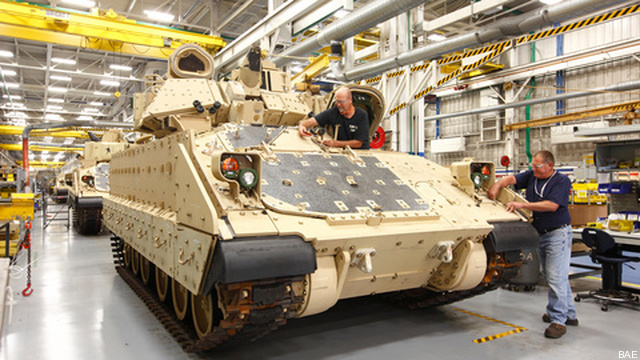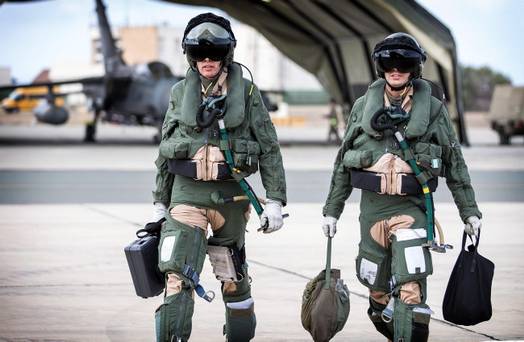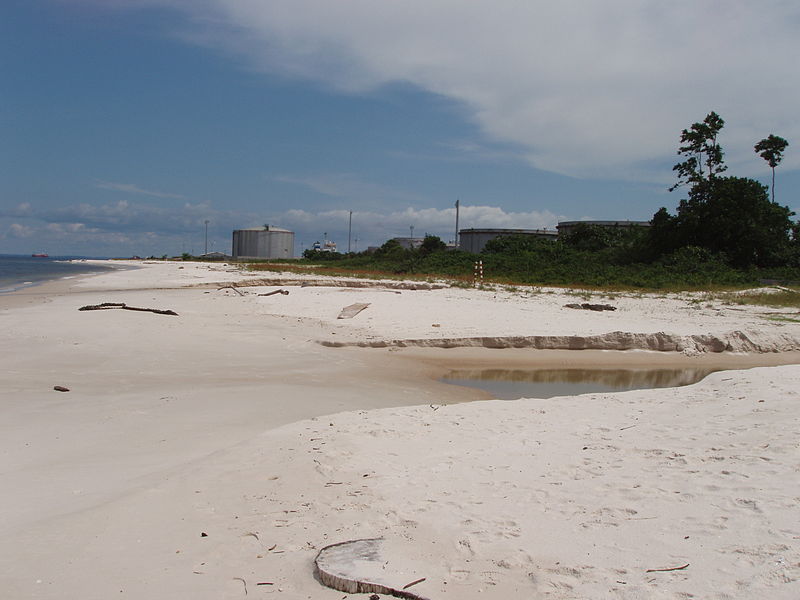Spanning from 2001 until the present, operations in Afghanistan represent the longest military commitment by the US and it’s allies in recent history. All nations involved both learned and lost a great deal during this conflict. For instance, unconventional warfare in combination with a new and constantly changing desert environment added challenges to military planning that had been rarely encountered before. As result, after painful loss of life, soldiers were forced to adapt on the move, learning new techniques, wearing new uniforms and adopting new technology and equipment.
In that regard, it was not just militaries that needed to adapt, but also their major suppliers, the defence contractors. As the International Security Assistance Force (ISAF) began to operate and adapt to the unique combat environment, defense contractors were faced with a new shopping list of equipment and necessities for militaries to procure. Furthermore the supply chain became quite strained as such orders grew in size and were rushed to the frontlines.

All negative connotations of war and conflict aside, the Afghanistan mission represented an enormous opportunity for the defense industry. The past 13 years of operations in Afghanistan has represented a steady increase in military procurement by central governments. But with the bulk of operations concluded, and a majority of Canadian and American troops having exited Afghanistan by early 2014, many in the industry question how this will affect defense procurement and the defense industry in the coming years?
The economic forces within the military procurement market are already swiftly changing as governments are now struggling to balance their budgets. As a result defense budgets have drastically been cut in the United States, Canada and other allied nations. In fact, the Pentagon is now trying to determine the fate of the excess military equipment procured, having left roughly 100,000 shipping containers in Afghanistan containing military equipment and weaponry. This lack of willingness by governments to maintain or increase defense expenditures has created a lack of demand in the traditional markets in which these defense companies compete. In turn, this has created a void for defense industries and forced them to search for new market opportunities in order to sustain themselves.
As an example, with the closing of Canada’s combat role in Afghanistan in early May 2014, the federal government has been looking to developing nations, such as India, Kuwait and South Korea, for new markets for Canadian-made guns and military equipment. It appears specific developing nations have recently been added to the Automatic Firearms Country Control List in order to enable sales so as to help the defense industry through trying times. The federal government has recognized the need to assist in supporting the Canadian defense industry, which represents $12-billion and roughly 109,000 jobs nation-wide.
The saying ‘war is good for business’ has sadly never rung more true. The Afghanistan conflict bolstered an already flourishing industry to new heights, but has now left it waning. The issue remains of what will come of defense industries in the coming years and where they will discover new markets. Canada is continuing to openly discuss its future military needs and defense procurement projects, including a new fighter jet to replace the CF-18. However government officials have cautioned industry representatives that there has yet to be a commitment to buy and they merely want to open dialogue with manufacturers
With rising issues in the Middle East and Eastern Europe, and with the conclusion to the recent NATO summit requesting increases in members defense budgets, traditional markets for defense industry contracts will surely increase in the future. However, until that time the defense industry will need to continue searching out alternative markets.




